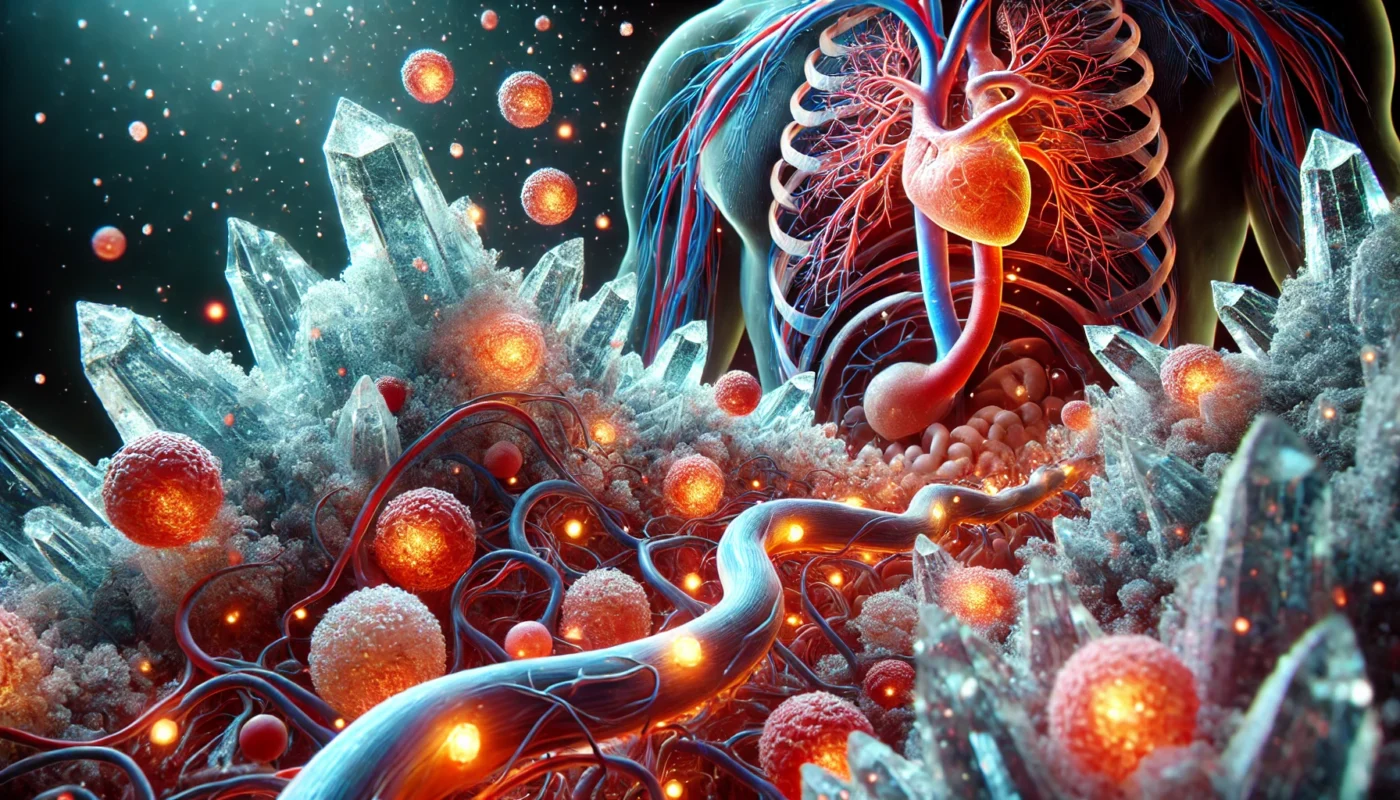Aloe vera, often regarded as a wonder plant, has been an integral part of traditional medicine for centuries. Whether you’re interested in its skin-healing abilities or its digestive aid potential, understanding the nuances between aloe vera pills and gel forms is crucial. Each form offers distinct benefits that can cater to different health needs and preferences. In this article, we take a comprehensive look at aloe vera, its benefits, uses, and the scientific evidence supporting its applications, with a particular focus on comparing aloe vera pills to gel form.
Tag Archives: Gut Microbiome
Inflammation is a natural and essential part of the body’s immune response. It helps to fend off pathogens and repair tissue. However, when inflammation becomes chronic, it can contribute to a host of health issues, including arthritis, heart disease, and diabetes. Chronic inflammation is often described as a slow, silent burn that can lead to significant long-term damage.
Immune disorders can manifest through both underactive and overactive immune systems. When the immune system is underactive, the body becomes susceptible to infections and diseases. Conversely, an overactive immune system can lead to conditions such as allergies, autoimmune diseases, and chronic inflammation, wherein the body’s defenses mistakenly attack its tissues.
The term “gut health” encompasses the balance of microorganisms living in your digestive tract. Maintaining the right balance of these microorganisms is crucial for your physical and mental well-being. An unhealthy gut can contribute to a wide range of issues including inflammation, fatigue, anxiety, and digestive disorders.
Irritable Bowel Syndrome (IBS) is a chronic gastrointestinal disorder that significantly affects the quality of life for millions of individuals worldwide. Characterized by abdominal discomfort and altered bowel habits, IBS poses challenges for both diagnosis and treatment. This article explores IBS in-depth, covering its symptoms, causes, treatment options, nutritional interventions, and preventive strategies, supported by […]
Hypertension, commonly referred to as high blood pressure, is a leading global health concern, affecting more than 1.28 billion adults worldwide, according to the World Health Organization (WHO). While its causes have traditionally been attributed to genetic predisposition, diet, lifestyle, and environmental factors, emerging research highlights the role of gut microbiota as a significant contributor to blood pressure regulation. Gut microbiota—the trillions of microorganisms residing in the gastrointestinal tract—play an intricate role in maintaining overall health, influencing metabolic, immune, and cardiovascular functions. This article delves into the emerging evidence linking gut health and hypertension, explores the underlying mechanisms, and discusses future therapeutic possibilities targeting the gut microbiota.






